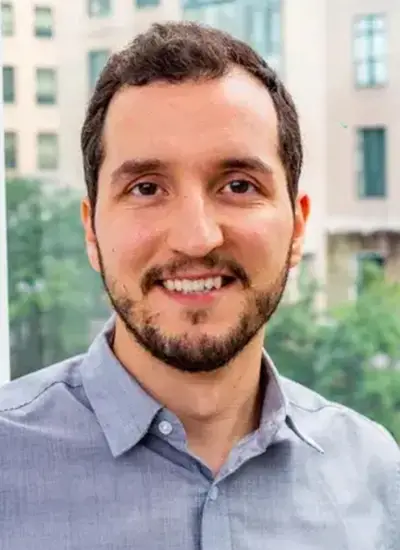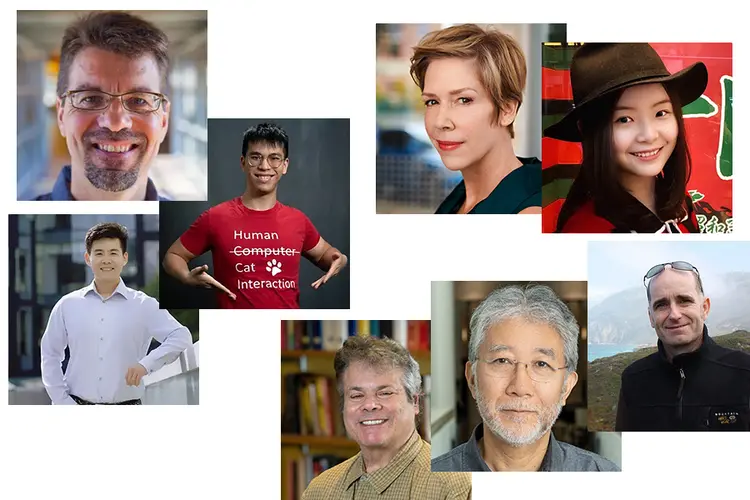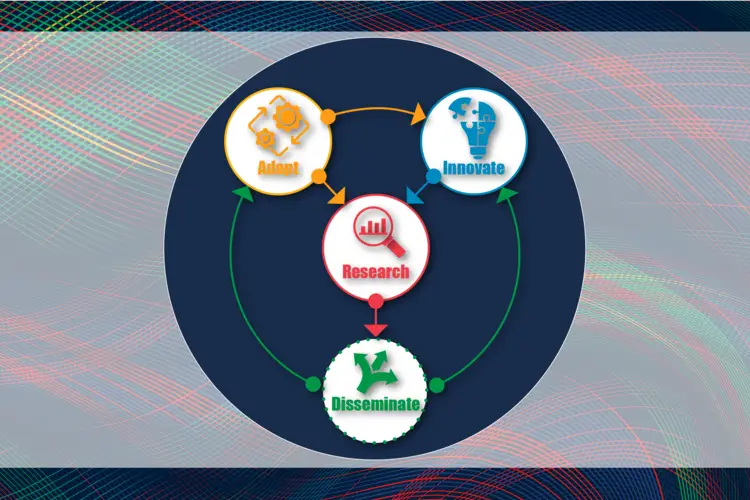Three Seed Grants Awarded for Generative AI and Education Research
Carnegie Mellon University, as a leader in technology for education, provides tools and methods for CMU and the broader education community through rigorous research and learning science expertise. Last year, the university launched a new seed grant program to support faculty members in undertaking research and development of generative AI tools for education.
This year’s selection of awardees includes three faculty-led projects intended to support efforts that develop, deploy and test new generative AI tools to enhance teaching and learning. The CMU and donor-funded initiative allows for up to $150,000 of support for each new research project with the potential to improve educational methods and outcomes.
Helping students demonstrate subject mastery
Paulo Carvalho(opens in new window), the principal investigator for this grant, is an assistant professor in Carnegie Mellon’s Human-Computer Interaction Institute(opens in new window). Carvalho is examining how generative AI can boost student engagement while enabling teachers to provide more personalized support.
Carvalho’s research explores how AI can revolutionize learning through the creation of engaging, practice-first and practice-only environments. Using data analytics and computational modeling, he investigates patterns in student learning, motivation and interest to develop precise models that enhance educational experiences.
Working alongside HCII postdoctoral fellow Michael Asher(opens in new window), Carvalho seeks to use the award to develop a mastery-based learning feedback tool, which will provide personalized feedback on open-ended questions. The goal is to encourage deeper processing in students, rather than limiting mastery tests to multiple-choice questions, which tend to elicit minimal effort.
Creating a framework for meaningful feedback
John Stamper(opens in new window) is an associate professor at the Human-Computer Interaction Institute. He is also the technical director of the LearnSphere’s DataShop(opens in new window), the largest open data repository of transactional educational data, visualization tools and analysis tools for researchers in the learning sciences.
As a seed grant recipient, Stamper will focus on developing a framework for designing LLM-based feedback prompts guided by learning sciences principles.
The project, which utilizes an existing library called Langchain to allow API access to a broad number of LLMs, will also seek to integrate the framework into existing platforms (e.g., Carnegie Mellon’s Open Learning Initiative(opens in new window)) and provide tools for educators to create LLM-driven feedback for instructional and research purposes — for instance, allowing educational researchers and instructors to test which types of feedback work best in which settings.
Creating immersive and adaptive learning experiences
Param Vir Singh(opens in new window) is associate dean for research and Carnegie Bosch Professor of Business Technologies and Marketing in the Tepper School of Business(opens in new window). His research typically focuses on the intersection of economics, machine learning and AI, and on developing algorithms that address economic inequality, algorithmic bias and the societal impacts of AI.
This award’s project team includes Professor of Economics Laurence Ales(opens in new window), Associate Teaching Professor of Economics and Director of Learning Evaluation and Success John Gasper(opens in new window), and AI Project Engineer Bambi Brewer. Together, they will use AI to build an interactive case analysis tool that allows students to explore a scenario that unfolds dynamically in response to their decisions, instead of following a single static narrative.
The stated goal is to provide learners with an immersive and adaptive learning experience that mirrors real-world complexity. The research and implementation of the project will begin within the Tepper School, with long-term potential for use in other policy and humanities settings.








